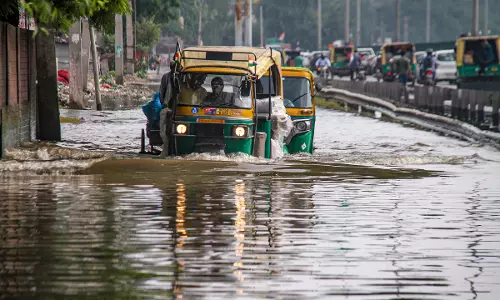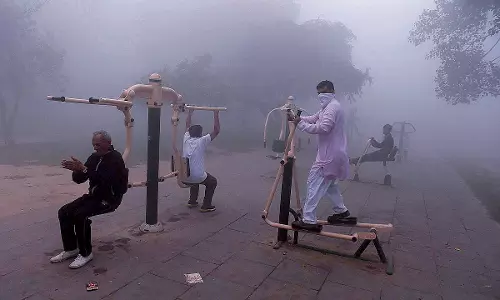Odd-even: Regular commuters in a spot
The Delhi government’s odd-even car rationing scheme may have decongested city roads to some extent, but it has, at the same time, increased the problems of the people who have been depending on publi;
The Delhi government’s odd-even car rationing scheme may have decongested city roads to some extent, but it has, at the same time, increased the problems of the people who have been depending on public transport for commuting.
From last-mile connectivity to more rush in DTC buses since operationalisation of the odd-even scheme, some commuters want the AAP government to add more public transport carriers before reinforcing the policy, which will end its 15-day trial period on January 15.
Abhishek Sinha, a businessman, lamented: “I have noticed an increase in the number of bus passengers since the odd-even scheme got implemented. Already you would not find commuting in buses pleasant, but with the scheme’s implementation one hardly gets a place to stand after getting in.”
Reaching office on time is another major problem for the commuters using public transport as last-mile connectivity has always been a challenge. Cargo Connect magazine employee Joydeep Banik has to walk almost 2 km from his home in Rohini to the nearest Metro station. “I have to change trains at Rajiv Chowk, get down at Pragati Maidan and take an auto to office, which is at Jangpura. The autos never charge by kilometre and most of the time fleece you,” said Mr Banik. “I wish the government adds more Metro trains to meet the increasing rush.”
Shivam Bharadwaj, who takes the bus from Saket to his office in Mahipalpur every day, faces a different problem. “Vehicular pollution may have reduced due to the odd-even scheme, but I have always been exposed to this extreme dust pollution,” he complained.





